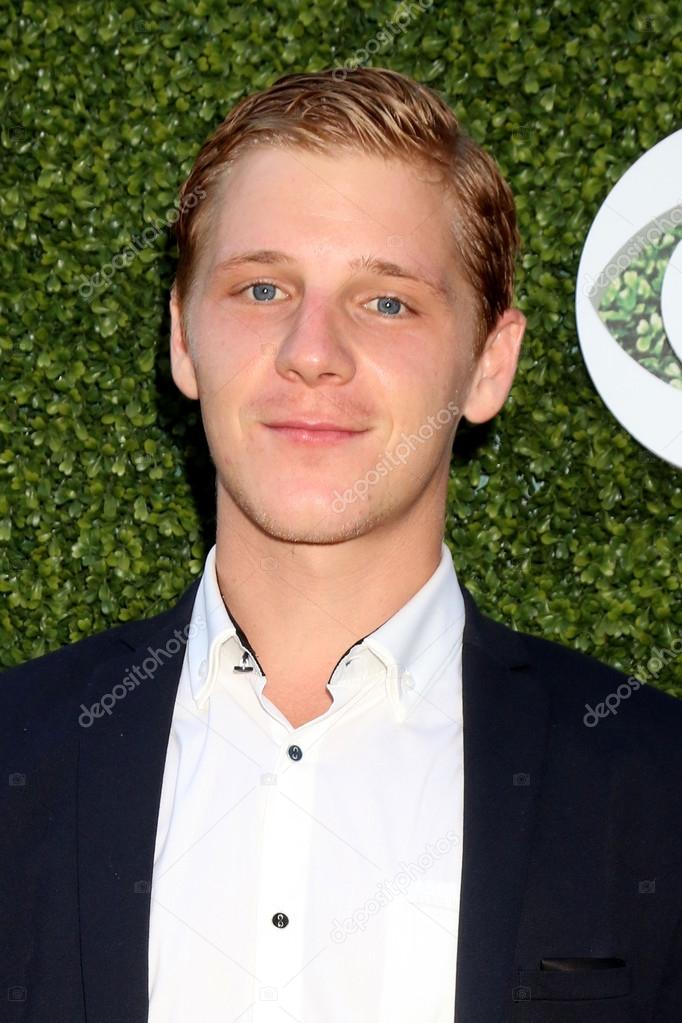

Tim came on the set maybe about three or four weeks into the shoot. Did you get to pick his brain about Stephen at all?ĭaniel Webber: Yeah, we did. I also read that Tim was actually on set with you guys for a little bit. So, it was basically just trying to understand why he did what he did. If you learn about that sort of stuff and you don't start yelling and screaming at the ceiling for how infuriating and enraging this government was, and how horrific it was, I think you're not human. Just trying to understand why he did that was probably the most important thing in portraying him, and that involves learning about apartheid and the regime there, and what they did to people. But I sort of looked at him through the prism of the decision to give up what I imagine was quite a comfortable middle-class life and join the ANC and go on this mission to fight his government.

There was obviously Tim's book, and so I kept going back to that. In this case, there wasn't so much to be found out about Stephen online. It comes down to researching, and if you can, learn about the person as much as you can. So, I don't know what the key is, but I just jump in with everything that I have. You know the friends, family, and even the people themselves are gonna be watching, so it's really up to you to be as close and as accurate to what the truth and reality of their lives and the situation is.

There's so much more at stake, in many ways. But I would say it's about responsibility. What's the key to bringing a real life personality to screen?ĭaniel Webber: Honestly, I don't know what the key is. Escape From Pretoria isn't your first time playing a real life character, you also had a notable performances as the lead in The Dirt, the Mötley Crüe story.


 0 kommentar(er)
0 kommentar(er)
